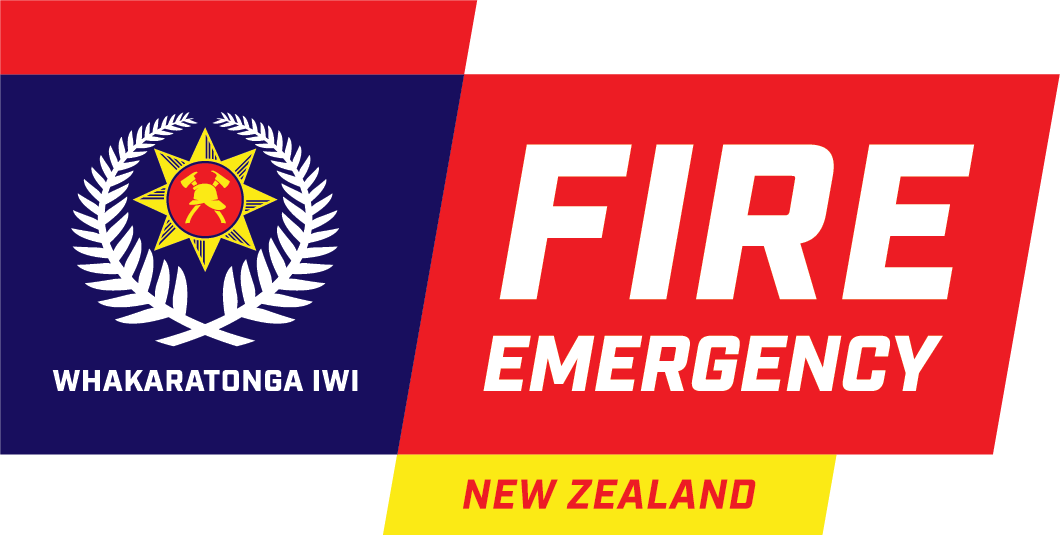Fire and Emergency Dispute Resolution Scheme now live
Fire and Emergency is pleased to announce that our new Dispute Resolution Scheme is now live, replacing the Interim Dispute Resolution Process.
Our dispute resolution scheme ensures that our volunteers, and people within the communities we serve, have the ability to dispute our actions or decisions and an independent and transparent process to use to reach a resolution. In most cases, before applying to the Scheme, applicants should have raised, and tried to resolve, their complaint directly with Fire and Emergency.
If the dispute relates to unwanted interpersonal behaviour, this should be raised through the Behaviour and Conduct Office, in the first instance.
As part of the Scheme’s development, we consulted thoroughly with our people, and with the public, on the structure, scope, rules and processes of the new scheme. This was really important to make sure we got it right. Thank you to those of you who provided feedback.
The new scheme is the result of that consultation and the rules of the scheme are guided by the following principles:
- accessibility
- independence
- fairness
- accountability
- efficiency
- effectiveness.
Earlier this year, after a robust procurement process, we selected the Independent Complaint and Review Authority (ICRA) Limited to administer the Fire and Emergency New Zealand Dispute Resolution Scheme.
ICRA is a highly respected, experienced and customer-focused provider of independent dispute resolution processes and we have full confidence they will deliver an efficient, quality service in which all parties are treated fairly and respectfully.
For further information, read our FAQs below and visit ICRA’s website(external link) for details on the rules of the scheme, the processes involved and how to apply.
Who can use the Scheme?
The Scheme is available to Fire and Emergency volunteers and members of the public.
What can the Scheme be used for?
The scheme can be used when our volunteers, or members of the public:
- disagree with something we have or have not done or
- disagree with a decision we have made
It can also be used to appeal:
- firebreak notices (section 62 of the Act)
- removal or destruction of vegetation notices (section 65 of the Act)
- a decision that a volunteer must leave Fire and Emergency due to incapacity.
In most cases, before applying to the Scheme, applicants should have raised, and tried to resolve, their complaint directly with Fire and Emergency. If the dispute relates to unwanted interpersonal behaviour, this should be raised through the Behaviour and Conduct Office, in the first instance.
What can’t the Scheme be used for?
The scheme cannot be used for the following, for which there are other processes in place:
- Employment matters, such as personal grievances
- Fire Levy disputes
- Official information or privacy disputes
- Issues with the Local Advisory Committees or Ministers. For example, disputes about decisions made by Ministers or decisions made by or about Local Advisory Committees in relation to matters set out in sections 14 to 20 of the Act(external link).
However, disputes relating to members of LACs that:
- do not relate to sections 14 to 20 of the Act;
- have gone through an internal complaints process; and
- are not otherwise excluded from the Scheme’s jurisdiction,
may be considered by the Scheme.
It also cannot be used for disputes with Fire and Emergency personnel that are personal in nature and do not relate to the workplace relationship.
How can I apply to the Scheme?
Information on how to apply to the Scheme can be found on ICRA’s website(external link). Applications to the Scheme are received by ICRA, who will decide whether a dispute should be accepted into the Scheme, in accordance with the Scheme rules(external link).
Who can a dispute be made against?
It is possible for any Fire and Emergency personnel, employee or volunteer, to be named as a party in a dispute. While we encourage all our people to participate respectfully and constructively, it is not mandatory for an individual to participate in the process. Fire and Emergency must participate in the process, if named as a party. For further information on this, please see the policy ‘Responding to disputes resolution notifications [PDF, 197 KB]’.
